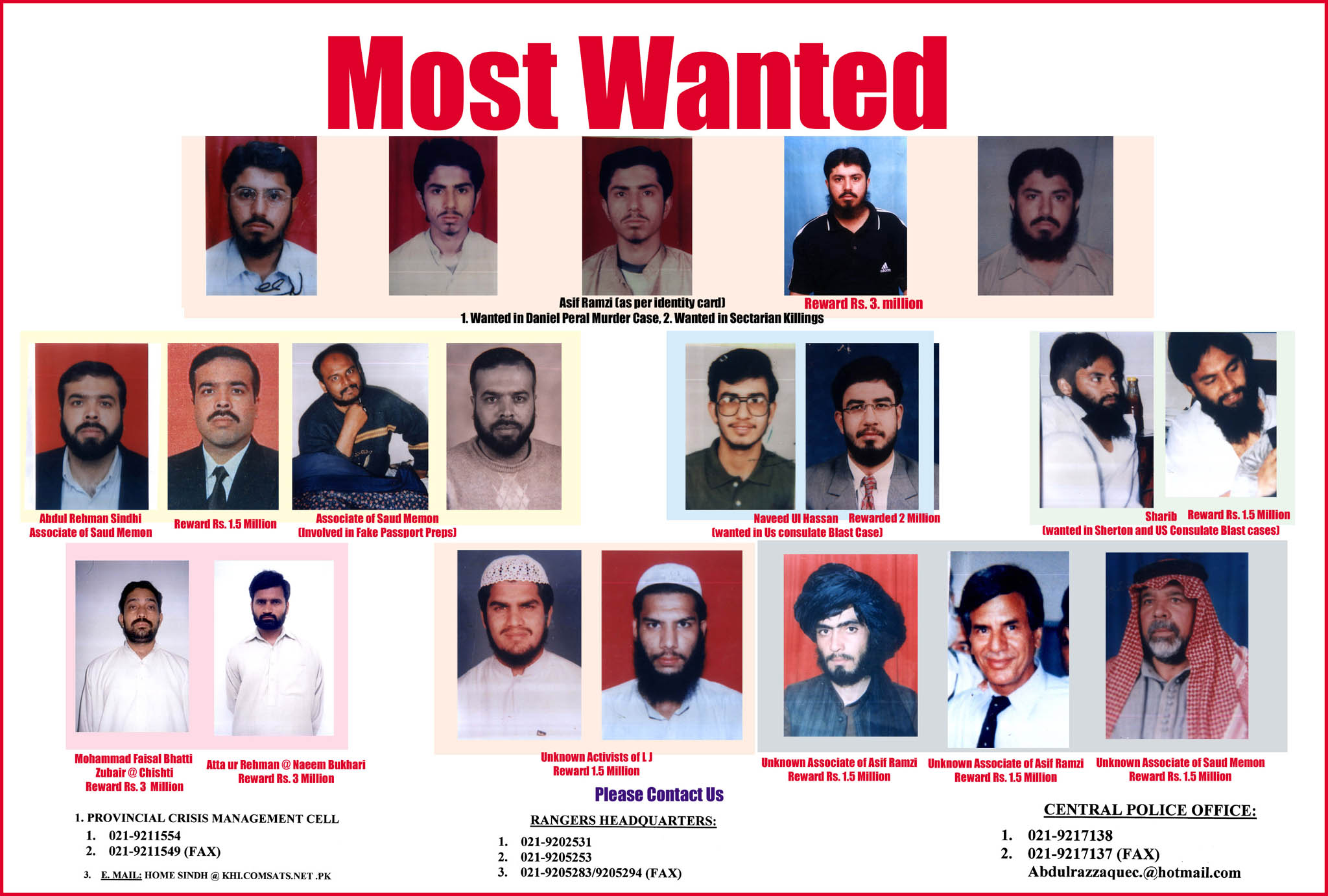
Islamic terrorism expected to outlive bin Laden

Osama bin Laden may be dead, but it will take more than that to completely rid the world of Islamic terrorism, says Bern University professor Reinhard Schulze.
The Islam expert tells swissinfo.ch this form of terrorism has developed for a variety of reasons. However, there is no strategy of action that could eliminate all terrorism.
“Just think of the big differences between the situations in Yemen and Britain,” Schulze says.
swissinfo.ch: Do Western and Islamic countries need different strategies, then?
Reinhard Schulze: That’s not all. You can no longer compare Egypt with Yemen. It all depends upon the social context in which the terrorism is practised.
In places where there is a strong civil society structure, such as Egypt, Tunisia and Morocco, there needs to be a different control strategy than in Yemen, where there is less of a structure.
swissinfo.ch: In which direction should things be moving in Yemen?
R.S.: In Yemen, terrorist organisations have created a kind of niche in a small area. They act as a form of solidarity network for the local population.
This is why the state has to assume tasks like caring for the local population and fighting unemployment. It is thanks to these types of activities that the al-Qaeda groups in Yemen have gained acceptance. This pattern also applies to Hamas in the Palestinian Gaza Strip.
swissinfo.ch: Compared to Yemen and the Palestinian Territory, Morocco seems like a prosperous and free country. Yet a significant number of active terrorists in the West have Moroccan roots. Why is that?
R.S.: In Morocco there are two different traditions. First, there are the slums on the outskirts of Casablanca, where a social milieu has been established by people who seem disconnected from society. This is not unlike the situation in the suburbs of Paris and other French cities.
Then there are the Islamic fighting associations which come to Morocco from Mauritania, Mali and Algeria.
swissinfo.ch: Al-Qaeda also seems to appeal to some young Muslims in developed countries?
R.S.: Especially in the West, but also in parts of the Arab world, a diffuse resentment is often the starting point for the acceptance of al-Qaeda ideas. This “counter-feeling” can surface, for example, if someone feels marginalised as a Muslim. In some a sense of revenge has developed. It inspires feelings of revenge in some.
There are people in Britain and France, for example, who act as Pied Pipers to win over young Muslims with this desire for revenge. Then they tell them that their feelings are justified and encourage them to take out their aggression against their “enemy” – the West.
swissinfo.ch: Some say that a Western-style democracy is not feasible in Islamic countries because Islam cannot be reformed.
R. S.: That is an old prejudice from the 19th century that has nothing to do with the current situation. The riots in the Arab world clearly show how people between 15 and 35 – who form the majority of these societies – have expressed their desire to live in a pluralistic society.
They want to shape their own futures rather than following governmental or religious guidelines. This is a fundamental emancipation process.
swissinfo.ch: But these processes are not finished yet, so it is too early to comment on success.
R. S.: Of course. But religion is not the primary obstacle – rather the old systems, the government regulations and privileges that certain parts of the local societies have appropriated over the past decades.
Sometimes, the power of the old regime is still so great that this emancipation will not come easily, as we see in Syria.
So success is not guaranteed. But the will and optimism expressed in these revolts clearly shows that the majority of the population identifies completely with what we would call Western values: freedom of religion, freedom of conscience, freedom of speech.
swissinfo.ch: What if the needs of the populations are not satisfied, and if people have no work, no food and no prospects in a few years?
R.S.: If the current process ends unsuccessfully, radical youth groups might say: ‘So that’s what you get if you want to behave like the West.’ A logical conclusion would be the command: ‘Get back to your roots!’
But people know that the use of Islam as a social order model has not contributed to the satisfaction of social needs.
Unemployment is not resolved by an Islamic order, privileges will not be abolished, and there is no real social change, either.
swissinfo.ch: But the West supports strict Islamic regimes such as Saudi Arabia…
R. S.: That is precisely the problem. The West looks mainly at security, stability and the availability of crude oil and other raw materials. This means that the West will support regimes that represent exactly the opposite of its values of freedom. Saudi Arabia is a good example of that.
Reinhard Schulze is a German linguist, historian, professor and director of Islamic Studies at Bern University.
He studied Islam, Latin languages, Arabic and linguistics at Bonn University, and went on to teach at the universities of Bochum, Bonn and Bamberg before joining Bern University in 1995.
Schulze is interested in both the historical development and spread of Islam, and in its contemporary understanding and practice.
He wrote “A Modern History of the Islamic World” (New York University Press, 2000), and has published widely on the topics of social, economic, and political studies of the Middle East, Asia, and Africa.
(Translated from German by Susan Vogel-Misicka)

In compliance with the JTI standards
More: SWI swissinfo.ch certified by the Journalism Trust Initiative



























You can find an overview of ongoing debates with our journalists here . Please join us!
If you want to start a conversation about a topic raised in this article or want to report factual errors, email us at english@swissinfo.ch.